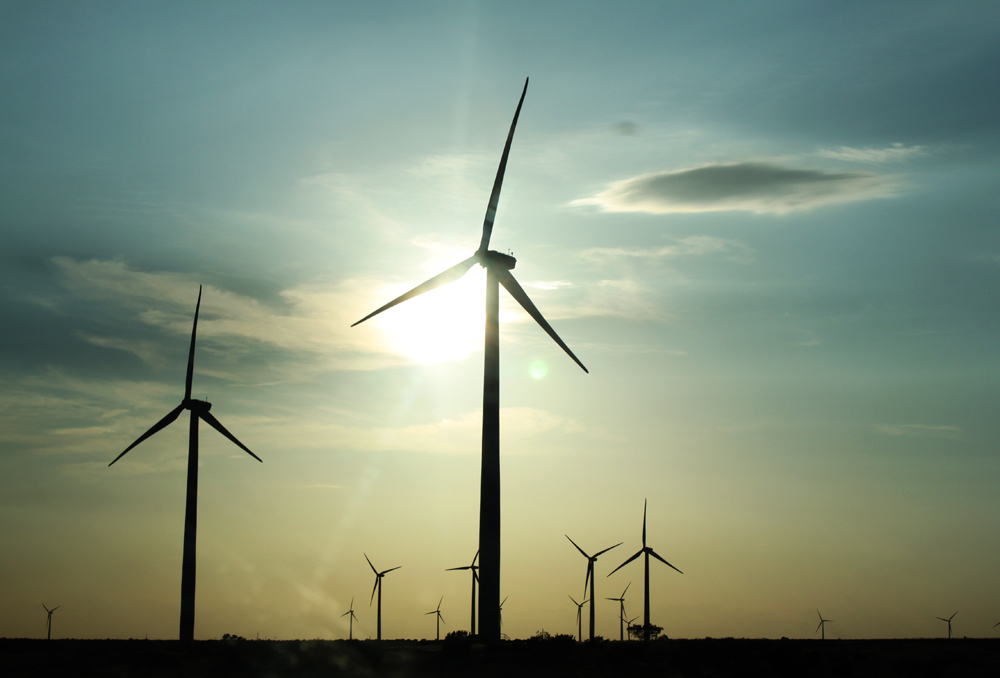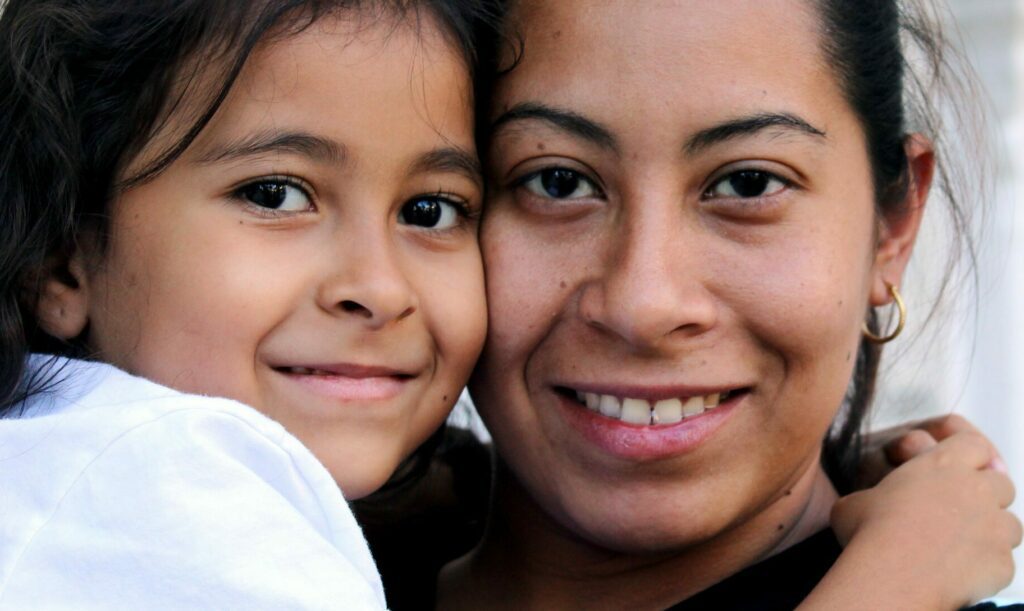Our mission
TEPRI advances equitable solutions for affordable, reliable, and clean energy to underserved communities so all people can thrive.
Founded in 2015, TEPRI is accelerating the move towards an energy system that is affordable, reliable, sustainable, and supports healthy, thriving communities. We work in partnership with stakeholders from the energy sector and community-based organizations to conduct research, create tools for practitioners, and demonstrate new models that can scale for widespread impact. Our work improves the systems that enable clean energy solutions to reach underserved communities.
- TEPRI is providing cutting edge solutions for an equitable energy transition
- TEPRI has a diverse stakeholder base, including representatives from the energy industry, technology sector, and community-based organizations who align with our mission
- TEPRI is an organization of passionate learners – we research, explore and consistently evaluate how to have a deeper impact on peoples’ lives

AFFORDABLE, Reliable, and clean energy remains out of reach for millions of Texas households
Affordable
The energy cost burdens for low-income households are significant. The Texas State Data Center estimates that low-income households spend 12.5% of their annual income on home energy costs, versus 4.0% for non-low-income households. According to the Department of Energy, some low-income households pay as much as 28% of their monthly income to cover their energy needs. This extremely high energy burden has a detrimental impact on the family’s ability to meet other basic needs. TEPRI’s surveying of Texas households revealed that 26% of respondents keep their homes at an unsafe and unhealthy temperature (national average is 18%), and 29% of households buy less food or put off purchasing clothing or medicine to afford heating/cooling and to keep the lights on.
Compounding the problem, LMI households often live in older housing stock that is more susceptible to energy leakage, which causes high energy bills, health-related issues, and risks during weather related events.
41% of the Texas population is considered low-income. Across the US, electricity prices have been rising. For every 10% increase in home energy costs, we estimate that the average American household will pay between $100-$500 more annually. This increase in household spending risks pushing hundreds of thousands of Americans into poverty, and Texas already has one of the highest poverty rates in the United States. Nearly 4 million Texans, or 14% of the population, are below the federal poverty line. Affordable energy can be a key factor in stabilizing people’s livelihoods.
Reliable
Reliable energy is critical for health and well-being, especially during extreme weather. As weather events continue to rise in frequency, TEPRI aims to identify solutions that deliver reliable energy to households in Texas – particularly for those most vulnerable.
Unlike the rest of the country, Texas has an independent power grid. ERCOT – the state’s grid operator – manages the power grid separately from the larger Western and Eastern Interconnections. Our independent power grid offers unique benefits and challenges, including retail electric choice in 75% the state. Our energy system (power plants, transmission, distribution, and end users) must adapt to offer energy reliability – whether it’s snowing in the Panhandle or 105 degrees on the coast. TEPRI is exploring how new technologies, improved weatherization measures, and renewable energy generation can improve energy reliability across the state.
CLEAN

WHAT IS ENERGY POVERTY?
We use the term energy poverty to refer to a situation where the cost of energy needed to maintain a healthy lifestyle creates a significant or unnecessary economic burden. Energy burden is the amount of a household’s income that goes towards household energy expenses. Households with energy costs exceeding 6% of household income are considered highly energy burdened. TEPRI considers a household to be extremely energy burdened (i.e. in energy poverty) if 10% or more of their income is spent on energy costs.
While energy burden is a useful metric, it does not paint a full picture. Our research found that overall financial well-being, housing type (e.g., number of units), condition of structure and its appliances, and tenure status (home rental vs. ownership) all influence the ability of a household to affordably meet their basic energy needs.
TEPRI’s research takes a comprehensive view of the physical, behavioral, and economic factors that contribute to a household’s difficulty maintaining energy services. This concept specifically describes an inability to adequately meet household basic energy needs, including heating, cooling, and lighting.
One survey participant in Waco, Texas told us:
“[We trade off by] buying less food, we have been known to open the windows and go without AC in the summer and just turn on fans, and it does get hot sometimes. And we cut corners elsewhere, not going out to movies and doing things with the kids.”

